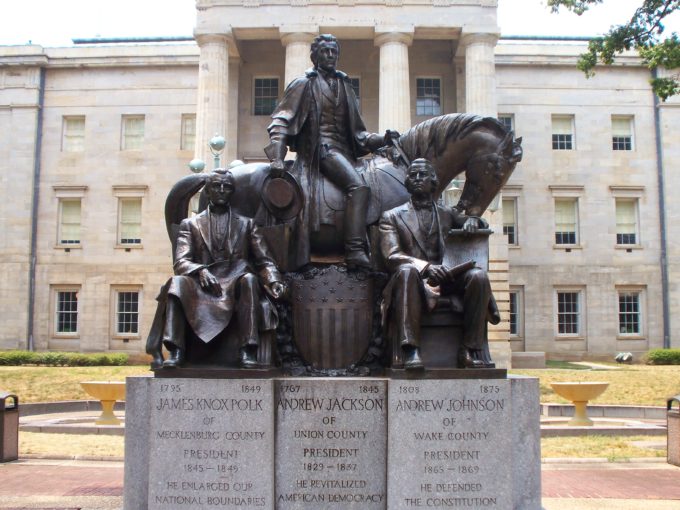
Friday, 28 June 2019
My brethren, do not hold the faith of our Lord Jesus Christ, the Lord of glory, with partiality. James 2:1
With the words, “My brethren,” James is seen to be addressing believers, specifically Jewish believers though (see verse 1:1). That he is not merely addressing Jews in general is confirmed by the next words of the verse, “do not hold the faith of our Lord Jesus Christ…” It is with certainty that he is speaking to those who are saved through faith in Christ Jesus, whom he then calls “the Lord of glory.”
The words, “the Lord,” have been inserted by the translators, but they are rightly inserted for clarity. Simply stated though, it says, “of glory.” The Greek has an article before “glory,” and so it more accurately reads, “the faith of our Lord Jesus Christ, the Lord of the glory.” This then expresses the state which Christ possesses which is above all things, and of which He spoke in John 17 –
“I have glorified You on the earth. I have finished the work which You have given Me to do. 5 And now, O Father, glorify Me together with Yourself, with the glory which I had with You before the world was.”
Paul refers to Christ in the same manner, using the same descriptor, in 1 Corinthians 2 –
“which no one of the rulers of this age did know, for if they had known, the Lord of the glory they would not have crucified” (YLT).
James identifies Christ in this way, saying that we are not to hold to the faith of Him “with partiality.” This now helps to explain why He has focused on Christ as “the glory.” The scholar Bengel explains –
“Christ is Glory; and therefore faith in Him is glorious, and the faithful are glorious. This glory of the faithful is far above all worldly honour; no respecter of persons acknowledges it.”
In other words, if we show favoritism to one person over another when they are in the same type of human body as we are, then we are holding an earthly position of one over another despite the glory they possess because of being in Christ. If one were to exalt a handful of unrefined ore over a cup of gold, it would make more sense than showing favoritism of one over another. A better example might be holding a bucket of the dust of the earth up and saying it has more value than that of a man. Though man was brought forth from the dust, the sum of his parts combined with the breath of life in him, makes him of far greater value than simply the materials of which he is comprised.
As this is so, then the separation of the believer because of the Spirit which dwells in him as a result of faith in Christ brings him to a state of glory which is not to be diminished by earthly comparisons.
Life application: Anytime we show favoritism, we are failing to live as Christ did. The Bible says that “all have sinned and all fall short of the glory of God.” It goes on to say “but while we were still sinners, Christ died for us.” There was no favoritism at all in this. Instead, Christ died for all. He made the example for us to follow. We are not to worry about those who reject Him because it is His right to avenge; they will receive their due penalty from His hand.
We, however, should attempt to never show favoritism when evangelizing, in church settings, or at any other time. Regardless of race, color, level of wealth, etc., we need to be about the same business with all. Pastors need to be careful of favoritism which leads to exalting the wealthy above those who have less. Parents need to be careful of showing favoritism or they will have one spoiled child and one angry child.
This list goes on – work partners, choosing friends, etc. The less favoritism we show, the better off we will be among others and the less bad words and strife will be directed toward us.
Lord, help us to not show favoritism. Instead, give us a willing heart to accept all people as You do. You gave Your life on the cross for them despite their situation. We were all sinners, and yet You came for all. Level of wealth, looks, race, and so on are things we look at, but You do not. Help us to love all equally as we work towards leading them to You. How glorious you are, and may Your glory rest upon all of Your people! Amen.




